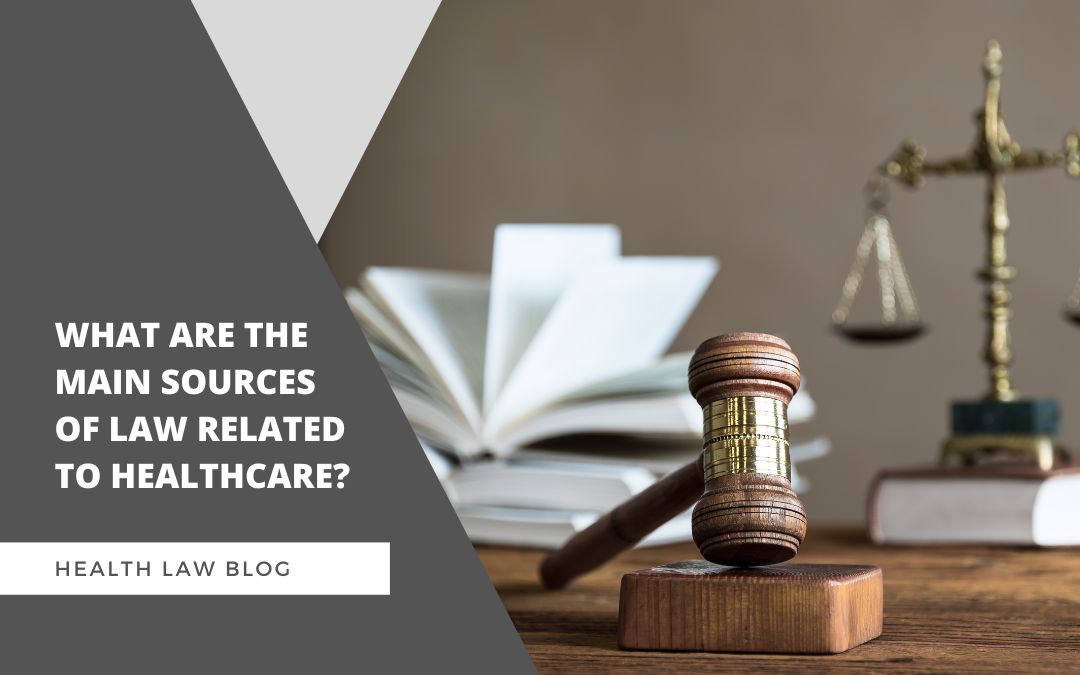There are many healthcare laws. But becoming familiar with key laws help ensure you’re providing standard care and following rules. Additionally, you’ll be able to report if you see something not in compliance with the law.
Here are some laws that anyone in a healthcare-related field should be familiar with.
Health Insurance Portability and Accountability Act (HIPAA)
This health law gives patients more control over their sensitive health information, including who can access it. For instance, patients’ sensitive health information cannot be given without a patient’s knowledge or consent. This includes preventing healthcare providers from discussing this information with someone else unless the patient has authorized it. HIPPA also provides laws and standards on how electronic healthcare information is kept, sent, and treated. Additionally, it is designed to reduce healthcare abuse and fraud.
The Anti-Kickback Law
This law forbids healthcare workers from accepting a bribe in exchange for a referral for an item or service paid for by Medicare or Medicaid.
The Stark Law
Similar to the Anti-Kickback law, this law forbids physicians from accepting bribes for referrals to medical services, including hospital services, prescription drugs, or lab testing.
The False Claims Act
This act is designed to prevent anyone from making false medical claims or false records of services billed to a federally funded medical program. This act also helps protect whistleblowers who report any false claims.
The Patient Safety and Quality Improvement Act (PSQUIA)
This act ensures healthcare workers don’t receive retaliation if they report medical errors and unsafe conditions at their job.
Occupational Safety and Health Act (OSHA)
This act establishes the safety standards for medical workplaces, including hospitals, which must be followed.

